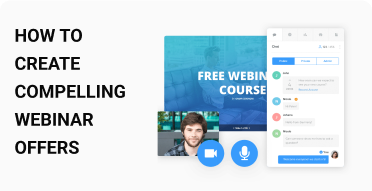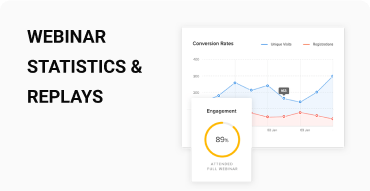What Are the Best Strategies to Monetize Your Podcasts?
Monetizing a podcast can be highly rewarding if done correctly. Here are some of the best strategies to consider

Partnering with companies to feature their products or services in your episodes can be a lucrative way to generate income. Negotiate deals based on your audience size and engagement.

Promote products or services relevant to your podcast’s topic. You earn a commission when your listeners make purchases through your referral links. This can be particularly effective if you recommend tools or services you already use and trust.

Raise funds for specific projects or ongoing support. This approach allows your listeners to contribute financially in exchange for exclusive content, merchandise, or other perks.

Develop products that solve problems for your audience, such as online courses, eBooks, or physical merchandise. These can provide a significant income stream while adding value to your listeners.

Offer coaching services or create membership programs where listeners can pay for premium content, access to exclusive resources, or one-on-one sessions.





